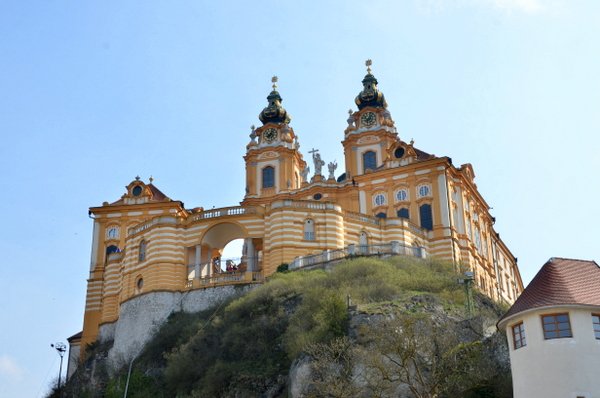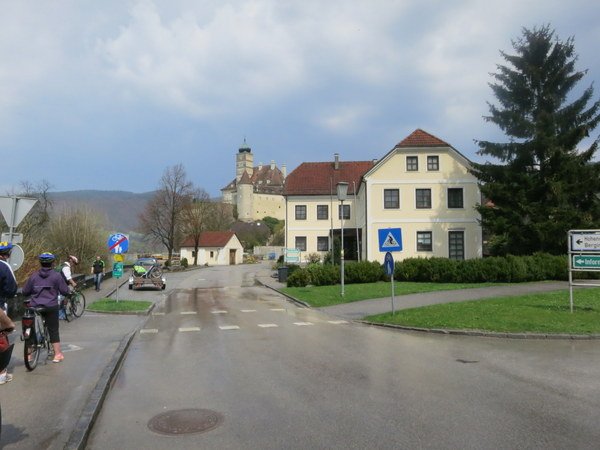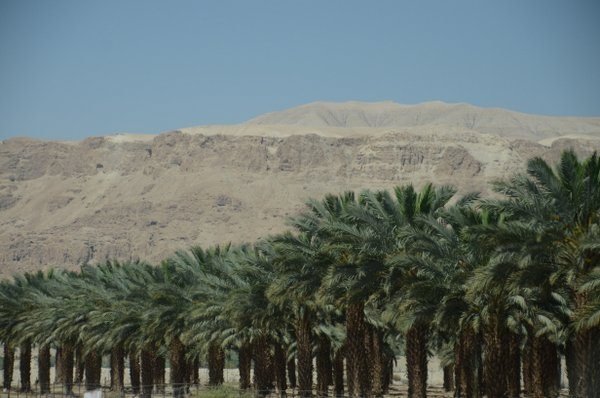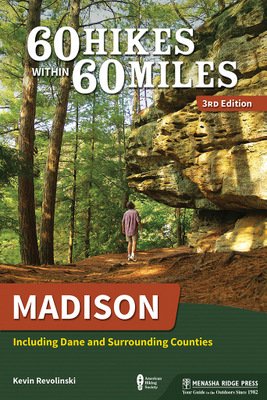Biking the Danube River: Shore Excursion
The most attractive section of the Danube River cruise is the stretch known as The Wachau, a 25-mile portion of the river valley that is listed as a UNESCO site due to its historical and agricultural significance. Archaeological evidence of its settlement goes back to prehistoric times and the abundance of churches and hilltop forts speak to more recent human history. The river valley climate is perfect for growing grapes and apricots, and as we found out on a stop in Dürnstein, saffron. (And that’s another story!)

River Beatrice had moored at Melk and we all disembarked for a tour of the famous Melk Abbey. Lovely weather meant we could walk back to the ship. Awaiting us were 24 rental bikes for the afternoon’s shore activity. The ship would set sail for Dürnstein and I wasn’t going to be on it. Rather than lounging in a deck chair with a camera, I’d pedal those 20 miles to the next port.
For any biker, that’s a pretty small distance. For others, it might seem a bit of a stretch, and to be fair, if it were hilly it could be a long exhausting day. But the Danube has dedicated paved bike paths on both banks. Smooth as the river itself and, if you are heading with the flow of the river toward Vienna, mostly downhill. I highly recommend it.
For cycling enthusiasts it is worth noting that the Danube Bike Trail, or Donauradweg, runs all the way from the headwaters of the river down to the Black Sea. The stretch from Passau to Vienna can be done in less than a week without knocking yourself out. The stretch through the Black Forest in Germany sounds pretty stellar as well.
We mounted our bikes, tossed our box lunches in the basket, and set off. Right outside of Melk was one rather steep hill (and an exhilarating must-come-down return to the river level on the other side), but after that it was a lazy ride in the park. I coasted more than I pedaled, I’d say.
Rivers are the focus of settlements — water sources, transportation, a line of defense, etc. — so it’s no surprise to see so many forts overlooking the Danube along here, and there are numerous villages to stop in if you need food or lodging along the way.
We got rained on pretty good, soaked despite a waterproof windbreaker I had donned. But in fog or rain, the views are no less wonderful and take on a romantic ambiance. It was warm enough that a bit of pedaling kept me from a chill.
And after about halfway, a bend in the river diverts winds in such a way that the temperature change is sudden and surprising. The sun was out and my clothes were dried. Lots of apricot trees were already in full bloom and the workers were out in the vineyards. Only a week or two ago there was snow on the ground here. Suddenly, it is spring.
You can see a white shelter in the middle of the photo. Right beneath here was where the Venus of Willendorf was found in 1908 during construction of the railroad. This Stone-Age female figurine of limestone dates to between 24-26,000 years ago and was quarried from a place near Brno, Czech Republic. This portly female figure has since been uncovered in many places around Europe and is believed to represent some early human ritual or symbolism. It had traces of red ochre on it as did some of the human burial remains. There is a small museum here for the discovery, but the original figure is in the Vienna Natural History Museum. (will check that out next week!)
Near Spitz you can see another older and higher valley where the Danube used to flow. In post-Ice Age Europe the volume of meltwater had this river as much as 10x higher. Evidence of shoreline settlements suggest the waterline was quite far up these hills.
We crossed the river by public ferry at Spitz. This was a non-motorized ferry, powered by the Danube River itself. The catamaran consisted of two old boats and a central platform for cars and passengers.
A steel cable connecting to a sliding shuttle on another cable that hung across the river. This kept the ferry from being swept downstream by the powerful current. The ferryman just turned the rudder this way or that to let the water push the ferry to the other side. Very impressive.
The final stretch I just raced off ahead of the group to get some workout out of this ride, and ended up at the boat just on the other side of Dürnstein. Dürnstein is a great little town to walk around in a bit, visit a winery, or check out a rare saffron producer. You’ll know you’ve arrived there when you see its blue church right along the river path.
















 ORDER YOUR COPY TODAY!
ORDER YOUR COPY TODAY! ORDER YOUR COPY TODAY!
ORDER YOUR COPY TODAY!
Hi there,
I really enjoyed your Danube posts. My sister and I are traveling in 3 weeks with our 72 year old Dad on his dream trip on the River Ambassador Danube. He is not very mobile (he walks with a cane), but I am hopeful he can enjoy much of the scenery from the deck. The bike ride looks so fun, I hope the weather is cooperative and my sister and I can enjoy this side trip!
Your posts are great, as I have noticed that river cruise blogs/photos are few and far between, so this was great to see! thanks again!
Hi Gretchen,
The scenery from the deck is great. And Uniworld has a “slow walking group.” For example, their bus went right to the door at Melk Abbey, while the rest of us took some stairs. So depending on how mobile is not very, he might have more opportunities than you figured. Uniworld service really impressed me. Thanks for checking out my blog! Enjoy the cruise and let me know how it goes.
Cheers,
Kevin
Cool post! Reminds me a lot about my time in Austria and the good times along the Danube. Always loved the rides around there and really miss that area now. Also loved just dipping in (around Vienna) once in a while or joining the Danube Island Festival. Good old times! Thanks for the reminder 🙂
It was a great trip and now I’d love to just bike the whole thing, maybe from Passau all the way to the Black Sea. I’ve heard that is possible but I wonder how the bike paths are after Austria.